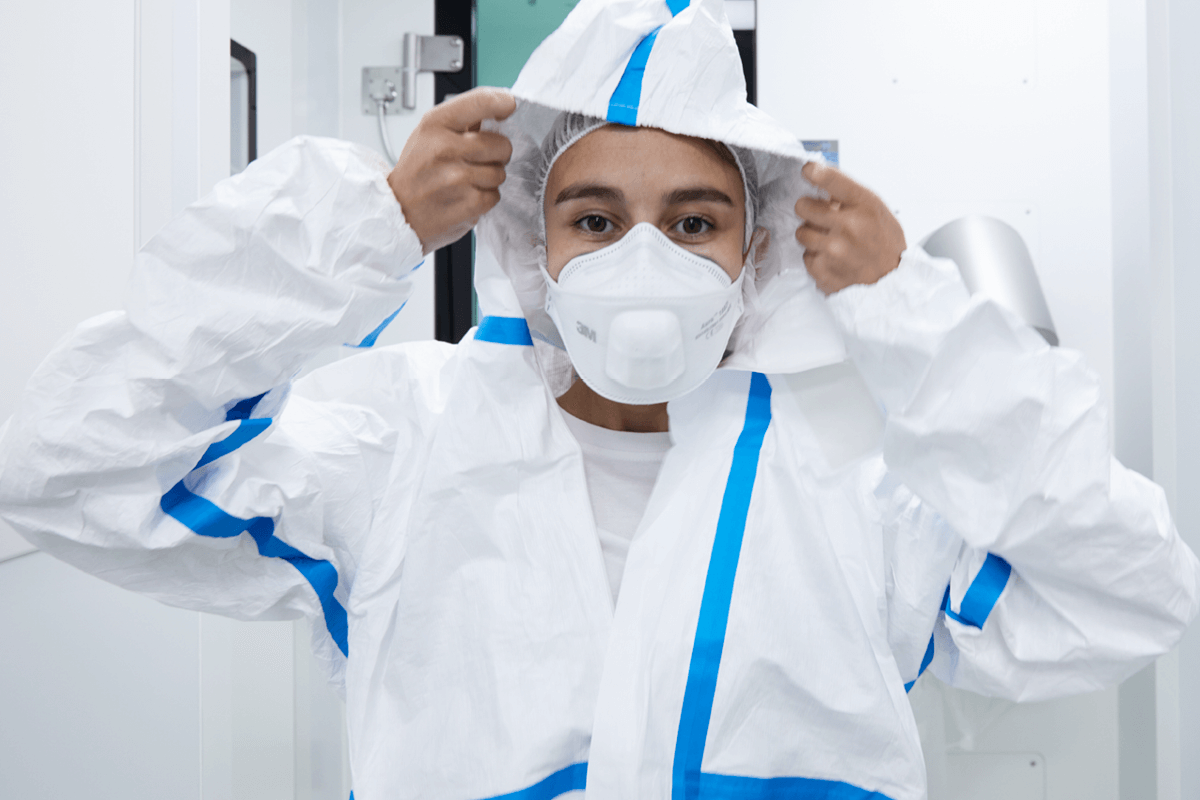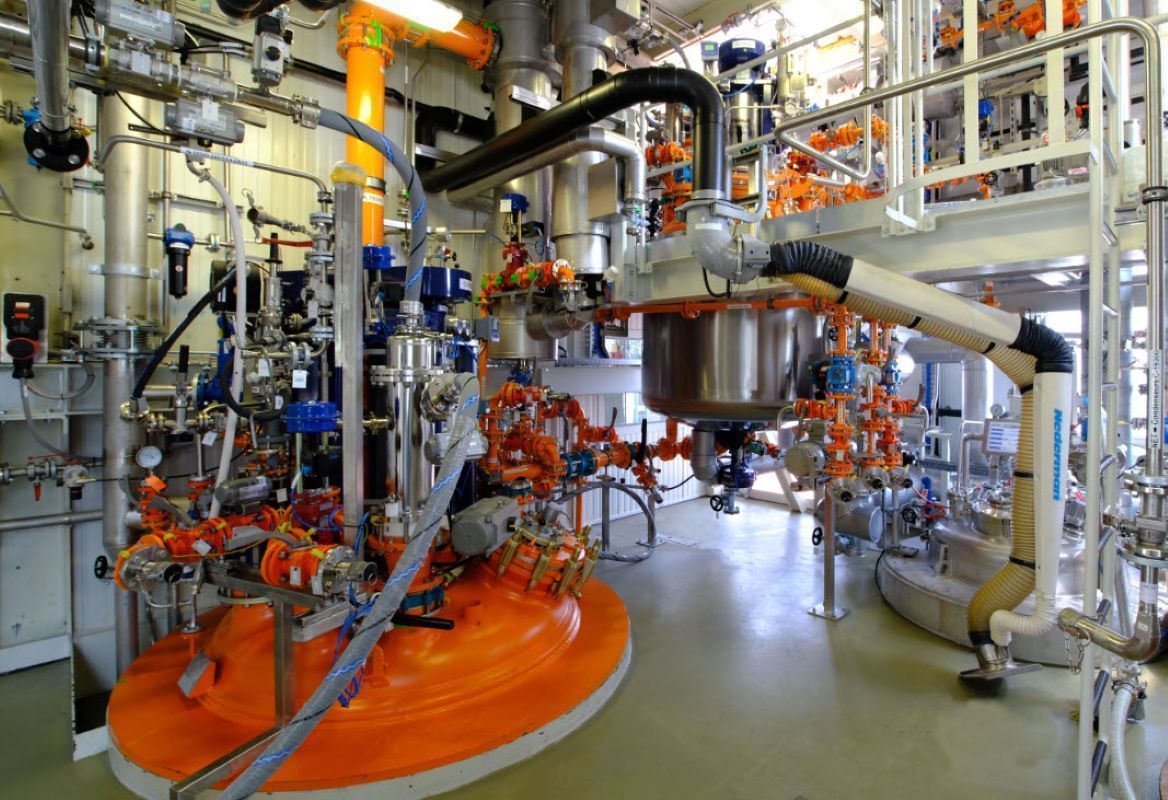What is GMP?
GMP stands for Good Manufacturing Practices. They are the practices required in order to conform to the guidelines recommended by the agencies that control the authorization and licensing of the manufacture and sale of food, beverages, cosmetics, pharmaceutical products, medical devices, and dietary complements, such as the U.S. Food and Drug Administration, or the European Medicines Agency. These guidelines provide minimum requirements that a manufacturer must meet to assure that their products are consistently high in quality, from batch to batch, for their intended use.
GMP ensures reproducibility and quality from batch to batch
In the pharmaceutical industry, GMP are very important since patients’ lives are at stake. GMP regulations require a quality approach to manufacturing, enabling companies to minimize or eliminate instances of contamination, mixups, and errors. This protects the consumer from utilizing a product which is not effective or even dangerous. GMP regulations address issues including record keeping, personnel qualifications, sanitation, cleanliness, equipment verification, process validation, and complaint handling.
GMP procedures consist of different principles
Many countries have legislated that manufacturers follow GMP procedures and create their own GMP guidelines that correspond with their legislation. But all guidelines follow the same basic principles:
- Manufacturing facilities must maintain a clean and hygienic manufacturing area.
- Manufacturing facilities must maintain controlled environmental conditions in order to prevent cross-contamination from adulterants and allergens that may render the product unsafe for human consumption or use.
- Manufacturing processes must be clearly defined and controlled. All critical processes are validated to ensure consistency and compliance with specifications.
- Manufacturing processes must be controlled, and any changes to the process must be evaluated. Changes that affect the quality of the drug are validated as necessary.
- Instructions and procedures must be written in clear and unambiguous language using good documentation practices.
- Operators must be trained to carry out and document procedures.
- Records must be made, manually or electronically, during manufacture that demonstrate that all the steps required by the defined procedures and instructions were in fact taken and that the quantity and quality of the food or drug was as expected. Deviations must be investigated and documented.
- Records of manufacture (including distribution) that enable the complete history of a batch to be traced must be retained in a comprehensible and accessible form.
- Any distribution of products must minimize any risk to their quality.
- A system must be in place for recalling any batch from sale or supply.
- Complaints about marketed products must be examined, the causes of quality defects must be investigated, and appropriate measures must be taken with respect to the defective products and to prevent recurrence.
The companies are free to find their way to implement a reliable process for GMP to manufacture their products. GMP standards are not prescriptive instructions. The company’s responsibility is to determine the most efficient quality process that meet business and regulatory needs. Thanks to the GMP regulations, medicines are consistent in high quality from batch to batch. Medicines are appropriate for they intended use and meet the requirements of the marketing authorization or clinical trial authorization.

GMP production at Bachem
Bachem was established 50 years ago. Already in 1978, the first GMP conform peptides were produced for use in medicine. Since then, we keep expending our locations and number of employees. Our manufacturing facilities in the U.S. and Switzerland comply with GMP standards of regulatory agencies. Our production plants are endowed with state-of-the-art equipment for solvent supply, synthesis, purification and isolation of active ingredients and intermediates. All equipment and containment is GMP qualified and cleaning validated. Overlapping capacities and sizes of different equipment trains facilitate a smooth scale-up in case demand is increasing within the product life cycle. Our GMP sites are located in Switzerland, Bubendorf and Vionnaz, and in the U.S., Torrance and Vista.
To maintain our partners’ trust and reputation, we do not stop at the bare minimum. We constantly improve our processes to be the leading CMO in peptides and oligonucleotides manufacturing. Furthermore, we believe that a close working relationship with our clients is the key to our success. This helps to customize and schedule process development packages in order to meet ambitious timelines, to manufacture an excellent quality product, and ensure process efficiency.
Subscribe to our newsletter
"*" indicates required fields
